

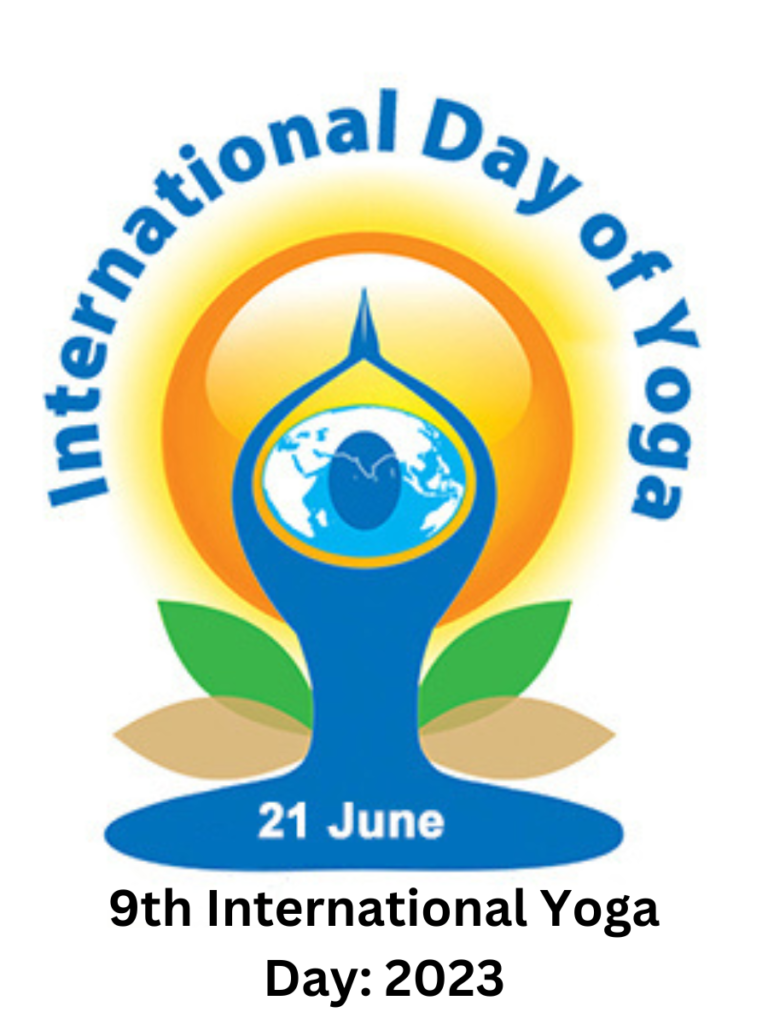
A fashion designer and lifestyle influencer, Archana Makwana, has been booked for "hurting religious sentiments" by performing yoga at the Golden Temple complex in Amritsar, India on the International Day of Yoga. The case was registered after complaints by the Shiromani Gurdwara Parbandhak Committee (SGPC), and Makwana has issued an apology for her actions. The incident has sparked controversy and raises questions about the intersection of religion and wellness practices.
Golden Temple Yoga Controversy: A Clash of Religion and Wellness
The Golden Temple, the holiest shrine of Sikhism, recently became the epicenter of a heated controversy involving a fashion designer and lifestyle influencer. Archana Makwana was booked for "hurting religious sentiments" after performing yoga at the temple complex during the International Day of Yoga.
Background:
The Golden Temple, located in the city of Amritsar in India, holds immense religious significance for Sikhs. It is known for its intricate architecture, serene atmosphere, and the presence of the sacred Adi Granth, the Sikh holy book. The temple complex is considered a sacred space where devotion and reverence prevail.
The Incident:
On June 21, 2022, Makwana posted videos of herself performing yoga poses in various locations within the Golden Temple complex, including the main sanctum sanctorum. The videos sparked outrage among Sikhs, who accused her of disrespecting the sanctity of the holy shrine.
SGPC Response:
The Shiromani Gurdwara Parbandhak Committee (SGPC), the apex body governing Sikh gurdwaras, registered a complaint with the police. The SGPC alleged that Makwana's actions violated the sanctity of the temple and hurt the religious sentiments of Sikhs.
Makwana's Apology:
Makwana issued an apology after the controversy erupted. She stated that she had no intention of disrespecting the Golden Temple and that she deeply regretted her actions. She explained that she was unaware of the sensitivities surrounding the temple complex and the sentiments attached to it.
Controversy and Debate:
The Golden Temple yoga incident has ignited a debate about the intersection of religion and wellness practices. Some argue that yoga is a spiritual practice that should not be performed in religious spaces out of respect for the beliefs and practices of the faithful. Others contend that yoga is a health and wellness activity that can be practiced anywhere, and that the Golden Temple should not be excluded as a place for such activities.
Top 5 FAQs and Answers:
1. Why was Archana Makwana booked? She was booked for "hurting religious sentiments" by performing yoga at the Golden Temple complex, which violated the sanctity of the holy shrine.
2. What was Makwana's intention behind performing yoga at the Golden Temple? She stated that she wanted to promote yoga and fitness on the International Day of Yoga and was unaware of the sensitivities surrounding the temple complex.
3. What is the SGPC's stance on yoga in gurdwaras? The SGPC prohibits any form of physical exercise, including yoga, inside gurdwaras, as it considers such activities disrespectful to the sanctity of the holy spaces.
4. Has Makwana faced any other consequences? In addition to the police case, Makwana's social media accounts have been deactivated and she has lost several brand endorsements.
5. Have there been other controversies involving the Golden Temple in the past? Yes, there have been previous incidents of non-Sikhs engaging in disrespectful behavior within the temple complex, which have also been met with protests and condemnation by the Sikh community.

In a surprising statement, U.S. President-elect Donald Trump said he was considering using economic force to make Canada the 51st state. The remarks have sparked mixed reactions from Albertans, with some expressing fear and others dismissing it as a joke. Trump also proposed imposing tariffs and cutting off trade agreements with Canada, which has further escalated tensions between the two countries.
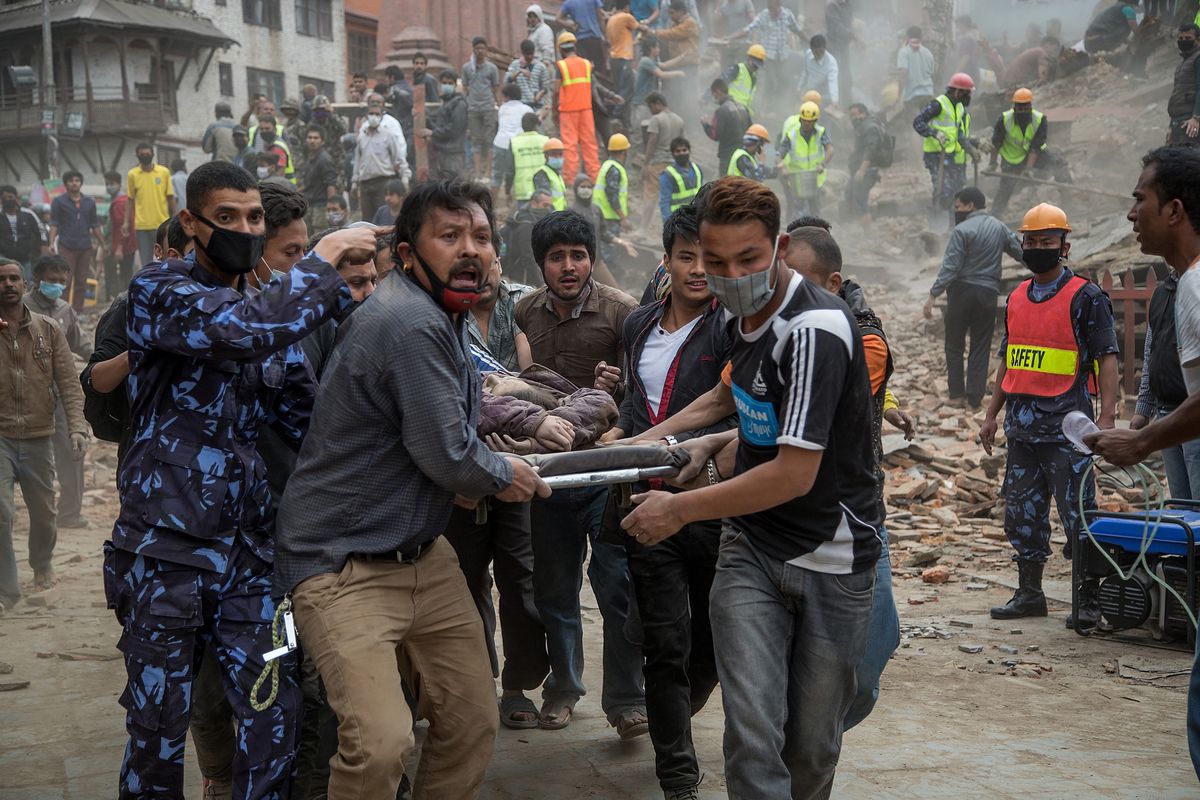
A massive 7.1 magnitude earthquake hits Tibet near the Nepal border this morning, resulting in the death of 126 people and severe damages to buildings in the region. The tremors were felt in several parts of India, including Bihar, Delhi-NCR, Assam, and West Bengal. The National Center for Seismology has reported several subsequent earthquakes in the same location, with the strongest measuring 7.1 on the Richter scale. The high-altitude area of Dingri County on Mount Everest has faced building collapses amidst freezing temperatures.

In a series of social media posts, President-elect Donald Trump joked about buying Canada as part of the United States after Canadian Prime Minister Justin Trudeau announced his resignation. However, this banter comes after Trump previously threatened to impose tariffs on all goods from Canada and Mexico, which would violate the recently enacted USMCA. Experts warn that imposing tariffs on Canada, one of the US' largest trading partners, could have damaging effects on the Canadian economy and lead to a strained relationship between the two countries. While some have dismissed Trump's remarks as jokes, others see it as a disrespectful insult to Canada.
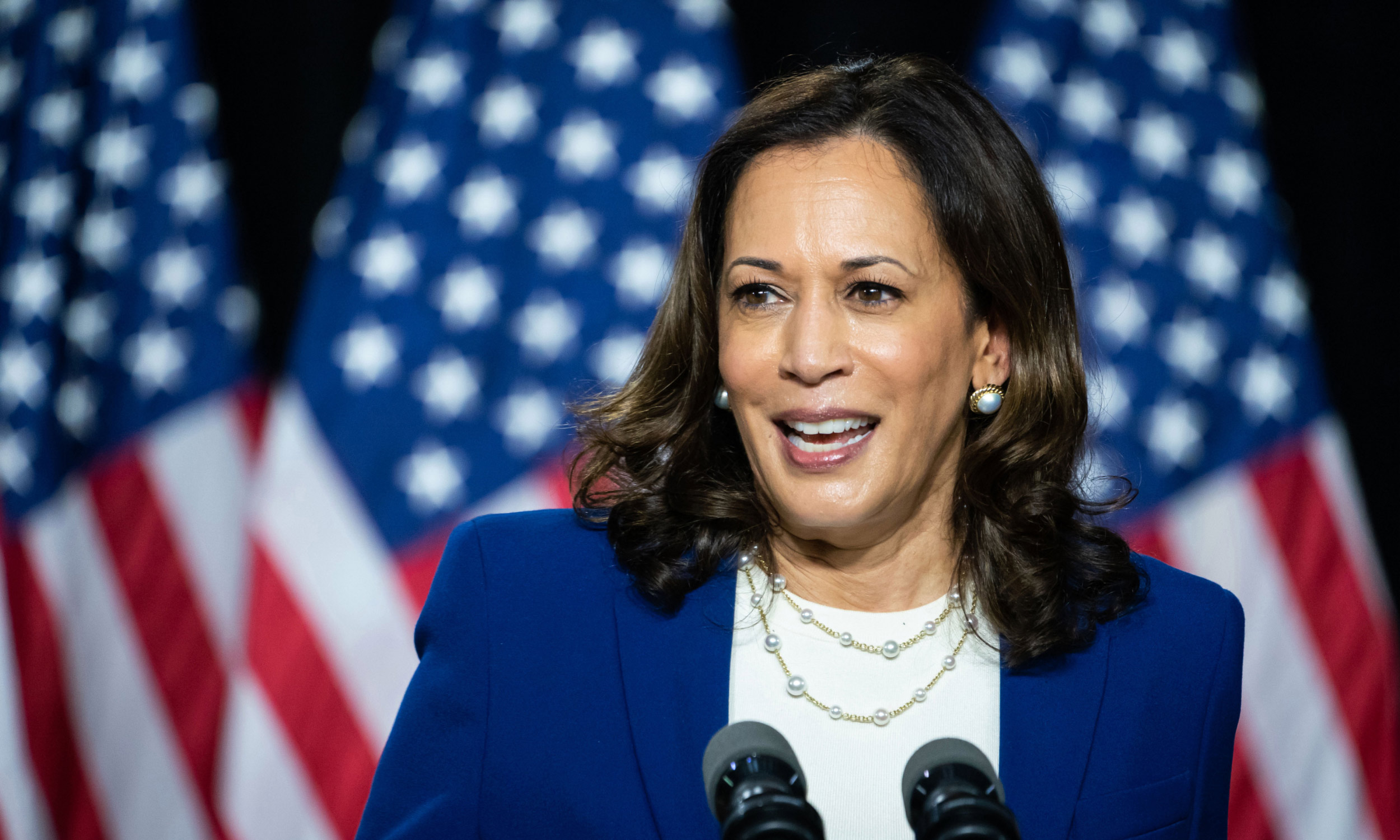
As her time as vice president draws to a close, Kamala Harris will embark on a four-day trip to Singapore, Bahrain, and Germany. The trip, which will take place from Jan. 13 to Jan. 17, provides one final opportunity for Harris to address key foreign policy challenges before the transition of power to Donald Trump. Together with her husband, Doug Emhoff, Harris will visit U.S. servicemembers stationed at all three of the countries she plans to visit. As Harris looks to the future, her decision to conclude her term with a global trip raises questions about her potential next steps and continued involvement in international affairs.

As Donald Trump Jr. visited Greenland, the president-elect himself hinted at potentially using military force or economic coercion to acquire the mineral-rich territory. Despite backlash from Danish officials and Greenland’s government, Trump supporters are enthusiastic about the prospect of “Make Greenland Great Again." But with its strategic location and Indigenous population, will such a controversial move be allowed? Only time will tell.

The eldest son of President-elect Donald Trump made a private visit to Greenland, sparking speculation that the future administration may seek to take control of the mineral-rich territory. Trump Jr. landed in the capital city of Nuuk and was not met by Greenlandic representatives, as the visit was labeled "private." This visit comes after the president-elect expressed a desire to acquire the Arctic territory, which is home to a large U.S. military base and holds strategic importance for multiple countries.
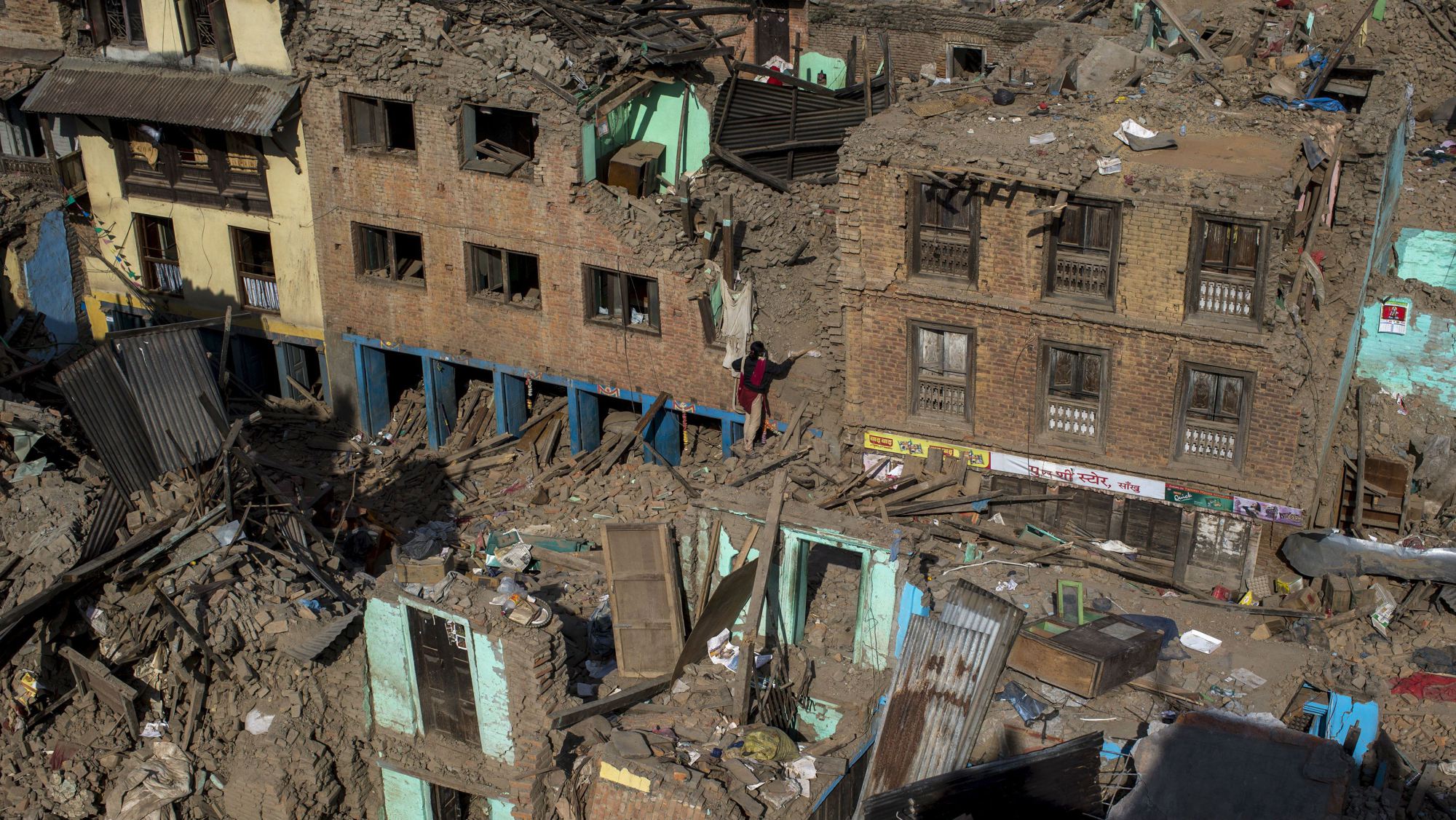
A powerful earthquake measuring 7.1 magnitude hit Nepal and western China on Tuesday morning, resulting in the deaths of at least 53 people and injuries of 62 others. The epicenter of the quake was located in a remote region in Tibet, where the India and Eurasia plates meet. The area is known to be prone to earthquakes and has experienced at least 10 quakes of magnitude 6 or higher in the past century. The shockwaves from the earthquake were felt in parts of northern India and Nepal's capital, Kathmandu. The USGS stated that the quake occurred due to normal faulting at shallow depth, with a focal mechanism solution indicating rupture on a north-south striking fault.

England and Wales are bracing for a weekend of freezing temperatures and hazardous weather conditions as amber and yellow warnings for snow and ice have been issued. The warnings cover most of Wales, central England, and parts of the north-west, with temperatures predicted to drop as low as -10C in rural Scotland. Passengers are advised to check their travel routes as disruptions to rail, bus, and air travel are expected.
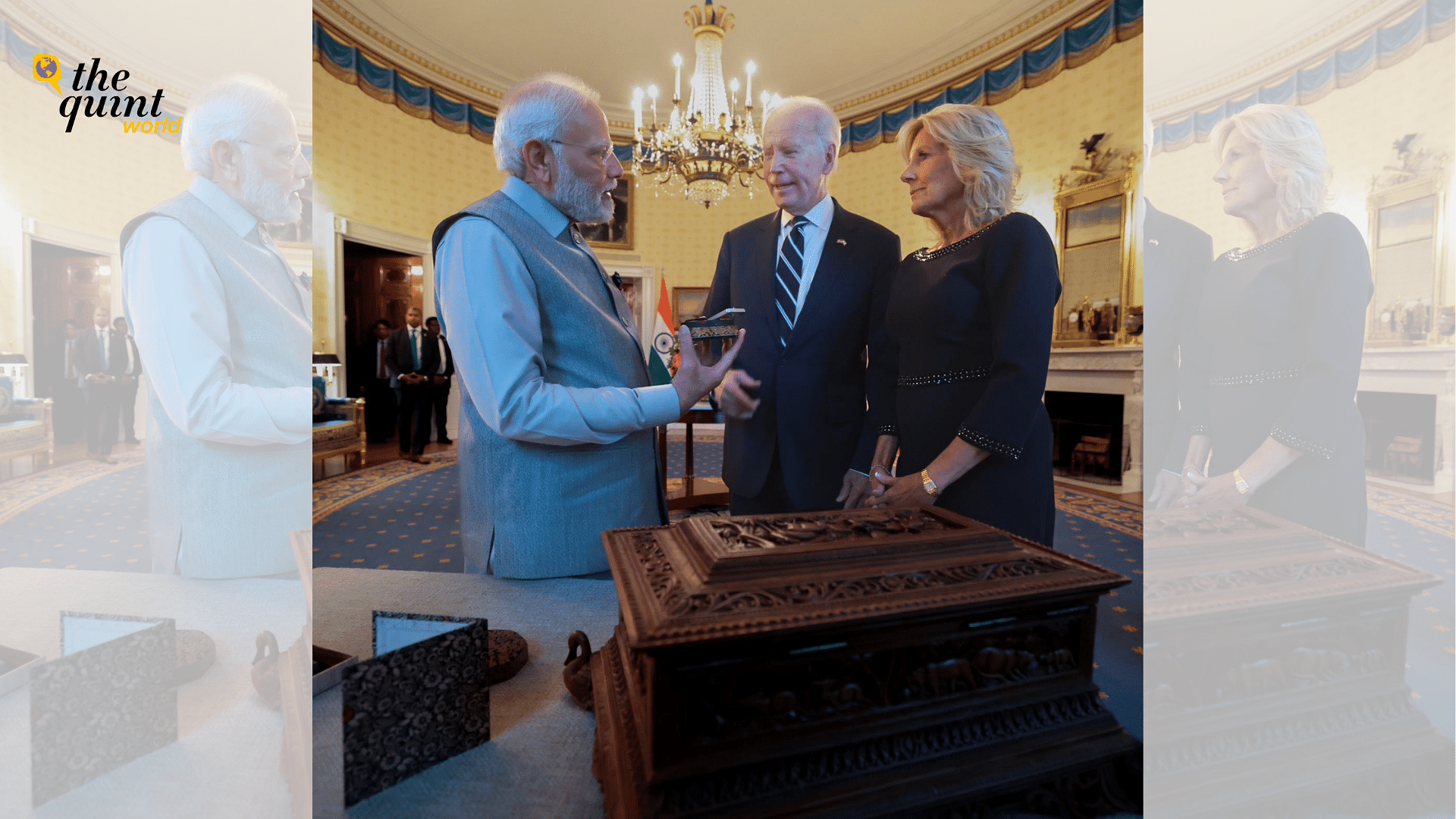
In 2023, Indian Prime Minister Narendra Modi gifted the First Lady of the United States, Jill Biden, a 7.5-carat diamond valued at USD 20,000. This gift surpassed all other presents received by the Biden family from foreign leaders, and was retained for official use in the White House East Wing. Other notable gifts received by the Bidens included a brooch and photo album from Egyptian leaders, and high-value items like a commemorative album and statue from South Korea and Mongolia respectively.
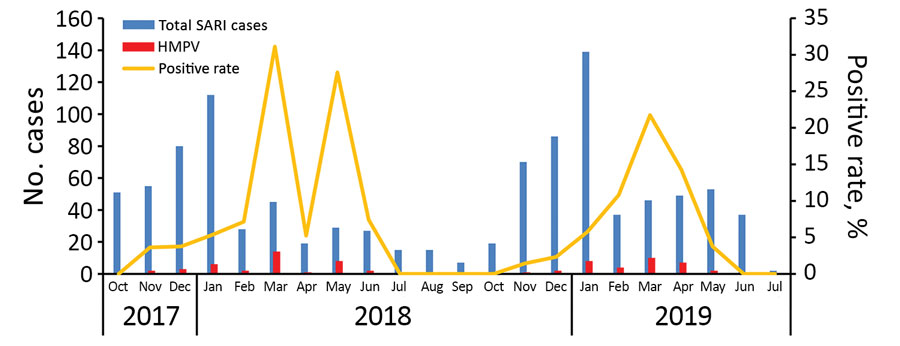
The recent outbreak of Human Metapneumovirus (HMPV) in China has caused concern among international agencies, leading to heightened surveillance and close monitoring of respiratory infections by the National Centre for Disease Control (NCDC). As the number of cases continue to rise, experts stress the need for early detection and prevention measures to control the spread of the virus. According to Dr Arjun Dang, CEO of Dr Dangs Lab, PCR testing is the most effective way to diagnose HMPV, and simple precautions like hand-washing and avoiding contact with sick individuals can help reduce its spread.